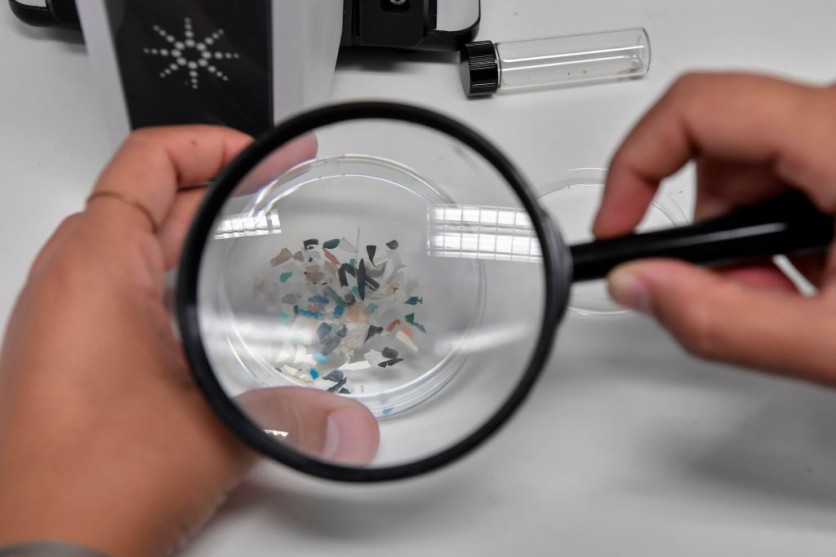Scientists from UNSW Sydney have developed a groundbreaking method to tackle the alarmingly pervasive problem of "forever chemicals" in water.
These chemicals, known scientifically as per- and polyfluoroalkyl substances (PFAS), are notoriously difficult to degrade, posing significant environmental and health risks.
The new method, published in the journal Water Research, involves a novel catalyst system that promises a more efficient and sustainable solution for breaking down these resilient compounds.
The Dangers of 'Forever Chemicals'
PFAS are used extensively in various industries due to their resistance to heat, water, and oil. They are found in products such as cookware, food packaging, cosmetics, and clothing.
Their widespread use has led to global contamination of water sources and soil. A study has shown that almost half of the United States tap water is contaminated with alarming levels of PFAS, raising concerns about their environmental and health impacts.
PFAS are dubbed "forever chemicals" because their stable chemical structure makes them resistant to degradation. This durability means they persist in the environment and accumulate in the human body, potentially leading to adverse health outcomes.
Some PFAS, like perfluorooctanoic acid (PFOA), have been classified by the World Health Organization (WHO) as Group 1 carcinogens.
Read Also : Amazon Eliminating Plastic Air Pillows in North America as It Shifts to Recycled Paper Filling for Packages

A biologist looks at microplastics found in sea species at the Hellenic Centre for Marine Research near Athens, on November 26, 2019. "Marine litter is a global issue, so it is (present) in Greece. More than 70 percent of marine litter is plastic in Greece," says Katerina Tsagari, a biologist .
The Challenges of Breaking Down 'Forever Chemicals'
Current methods to remove PFAS from water, such as activated carbon absorption and strong oxidizing agents, have significant drawbacks. Activated carbon can absorb PFAS but requires burning to destroy the chemicals, which is labor-intensive and environmentally harmful.
Oxidizing agents can break down PFAS into smaller, more persistent structures, complicating the removal process. These methods are inefficient and not environmentally friendly, highlighting the need for better solutions.
A New Catalyst System to Break Down PFAS
The team at UNSW, led by Dr. Jun Sun and Professor Naresh Kumar, developed a catalyst system that employs reductive defluorination to break the strong carbon-fluoride (C-F) bonds in PFAS.
This method uses nano zero-valent metals (nZVMs) combined with a catalyst inspired by the structure of vitamin B12. The catalyst system was tested on common PFAS compounds like branched PFOS and PFOA, showing impressive results.
Dr. Sun explained, "The new system we have developed shows successful PFAS remediation in the lab, which we hope to eventually test at a larger scale."
Within five hours, the new method achieved a 75% breakdown of PFAS, significantly outperforming existing B12-based catalysts, which managed less than 8% defluorination in the same period.
What's Next?
While further research is needed before the method can be applied on a large scale, the UNSW team is optimistic. They plan to conduct pilot-scale tests and explore incorporating the catalyst into electrochemical cells for broader application.
"The next step for us is to really try this on a pilot scale to see if this can be done out of the laboratory on a real sample," said Professor Kumar. The team also aims to test the method on linear PFAS types, not just branched ones, to broaden its applicability.
Stay posted here at Tech Times.

ⓒ 2025 TECHTIMES.com All rights reserved. Do not reproduce without permission.




